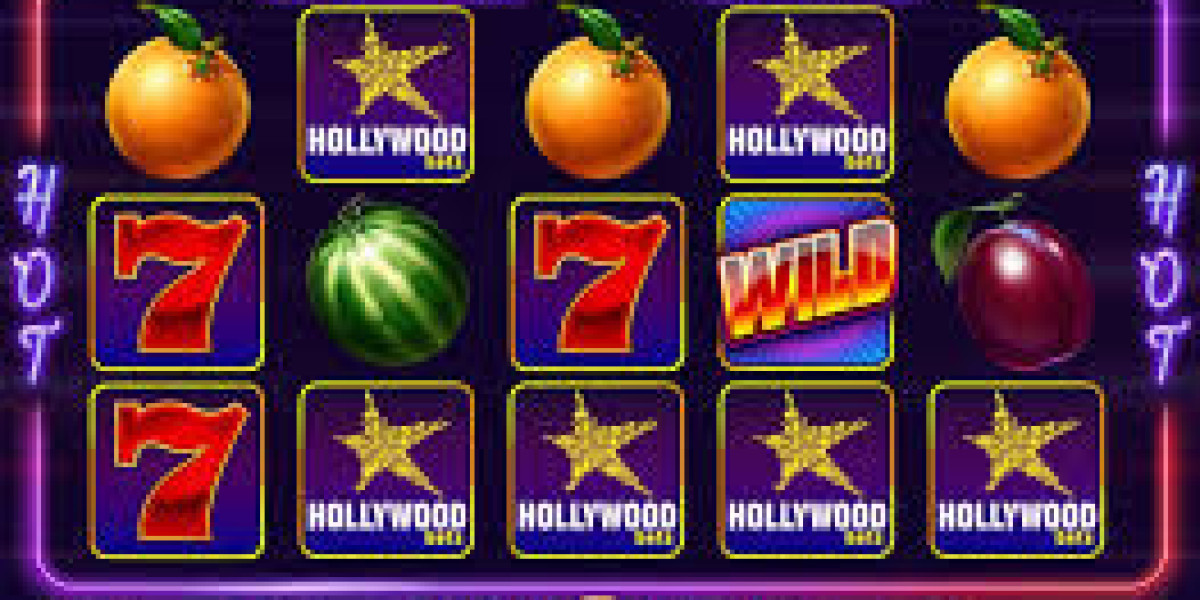The turn of the millennium marked a period of significant transformation for Macau, the former Portuguese colony poised to become the undisputed gambling capital of the world. While today's skyline is dominated by mega-resorts boasting architectural grandeur and dazzling displays, the landscape of the early 2000s presented a more nascent version of the gaming behemoth it would become. Amidst this burgeoning scene, golden panda casino (https://golden-panda-casino-fr.com) carved out its own niche, offering a unique glimpse into the evolving dynamics of Macau's gambling industry.
Golden Panda Casino, though perhaps not as widely recognized as the Sands Macao or Wynn Macau that would soon follow, played a significant role in shaping the foundations of the modern Macau gaming experience. While concrete details about its precise operations and ownership structure from that specific period remain somewhat fragmented and often rely on anecdotal accounts, piecing together information from news reports, historical analyses of Macau's gaming market, and recollections from individuals involved in the industry allows for a nuanced understanding of its position and impact.
The Context: Pre-Liberalization and the Stanley Ho Era
To appreciate Golden Panda's significance, it's crucial to understand the context of Macau's gaming landscape at the time. For decades, the industry had been monopolized by Sociedade de Turismo e Diversões de Macau (STDM), controlled by the legendary Stanley Ho. Ho's influence was ubiquitous, permeating every facet of Macau's economy and society. His company held exclusive rights to operate casinos, hotels, and other entertainment venues, effectively shaping the entire tourism infrastructure.
The early 2000s represented a pivotal moment as Macau prepared for the end of STDM's monopoly. The government was actively exploring options to liberalize the gaming market, introducing competition in an effort to drive economic growth and diversification. This transition created both opportunities and uncertainties for existing operators like Golden Panda, which had operated within the established framework for years.
Golden Panda's Place in the Ecosystem
While STDM's casinos like the Lisboa and Jai Alai Palace held iconic status, a number of smaller, independent casinos also operated in Macau. Golden Panda was likely one of these, perhaps operating under a sublease or agreement with STDM, a common practice at the time. These smaller venues catered to a diverse clientele, ranging from local residents to regional gamblers seeking a more intimate or less extravagant gambling experience than the grand casinos offered.
Evidence suggests that Golden Panda Casino was positioned as a mid-tier establishment. It likely featured a selection of popular games such as baccarat, blackjack, roulette, and sic bo, catering primarily to a regional Asian clientele. It probably didn't boast the elaborate entertainment options or Michelin-starred restaurants that would become hallmarks of the mega-resorts. Instead, it focused on providing a reliable and accessible gambling experience.
Reports and anecdotal evidence point to a focus on attracting middle-class gamblers and tour groups from Southeast Asia. Promotional packages and direct marketing campaigns targeting specific demographics were likely employed, mirroring the strategies used by other casinos in the region. The atmosphere within Golden Panda was probably more relaxed and less formal than the high-roller rooms of the larger casinos.
The Architecture and Ambiance
While definitive photographic documentation from the early 2000s is scarce, it's possible to infer aspects of Golden Panda Casino's design and ambiance based on the prevailing architectural styles and design trends of the period in Macau. It likely featured a blend of traditional Chinese design elements with more modern, Western influences. Expect to see motifs related to wealth, prosperity, and good fortune – think gold accents, red carpets, and images of auspicious creatures like dragons and, of course, pandas.
The interior design likely prioritized functionality and ease of navigation. Gaming tables would have been arranged to maximize space and flow, while signage would have been clear and multilingual. Security would have been a significant concern, with cameras and personnel strategically positioned throughout the casino floor.
The overall ambiance would have been designed to create a sense of excitement and anticipation. The sounds of shuffling cards, spinning roulette wheels, and cheering gamblers would have filled the air, creating an immersive and stimulating environment. Lighting would have been carefully calibrated to create a sense of drama and highlight the action at the gaming tables.
The Games and the Gamblers
Baccarat was, and remains, the undisputed king of casino games in Macau. Golden Panda Casino would undoubtedly have dedicated a significant portion of its gaming floor to this popular card game. Blackjack, roulette, and sic bo would also have been offered, catering to a wider range of preferences. Slot machines, while present, were likely not as prevalent as they are today.
The clientele at Golden Panda Casino would have reflected the diverse demographics of Macau's gambling scene at the time. Local residents, particularly those seeking a more affordable or accessible gambling experience, would have frequented the casino. Regional gamblers from Hong Kong, Southeast Asia, and mainland China would also have been drawn to its tables.
The stakes at Golden Panda were likely lower than those found in the high-roller rooms of the larger casinos. This made it an attractive option for casual gamblers and those who were more risk-averse. The social aspect of gambling was also likely important, with many players enjoying the camaraderie and shared excitement of playing alongside friends and acquaintances.
Navigating the Changing Landscape
As Macau prepared for the end of STDM's monopoly, Golden Panda Casino faced a period of uncertainty. The liberalization of the gaming market would introduce new competitors, including major international players like Las Vegas Sands and Wynn Resorts. These companies possessed vast resources and expertise, posing a significant challenge to smaller, established casinos like Golden Panda.
The decision facing Golden Panda was whether to adapt and compete in the new environment or to find a different path. This could have involved seeking a partnership with a larger operator, focusing on a specific niche market, or ultimately selling the business. The specific fate of Golden Panda Casino remains somewhat unclear, as detailed records of its operations during this transitional period are not readily available. However, it's plausible that it was either acquired by a larger company or eventually closed its doors as the competitive landscape intensified.
The Legacy of Golden Panda
While the specific details of Golden Panda Casino may have faded from memory, its contribution to the early 2000s Macau gaming scene should not be overlooked. It represented a bridge between the era of monopoly and the era of liberalization, providing a valuable service to a diverse clientele. It offered a glimpse into a more accessible and less extravagant gambling experience, catering to the needs of local residents and regional gamblers alike.
Golden Panda, along with other similar establishments, helped to build the foundations of the modern Macau gaming industry. They contributed to the growth of tourism, generated revenue for the local economy, and provided employment opportunities for residents. They also helped to shape the unique cultural identity of Macau as a global gaming destination.
The rise of mega-resorts and the influx of international investment transformed Macau into the gambling capital of the world, but it's important to remember the smaller players like Golden Panda that paved the way for this transformation. They played a vital role in shaping the early dynamics of the market and providing a unique gambling experience for a generation of players. Their legacy lives on in the vibrant and dynamic gaming scene that Macau is today. By understanding the history and evolution of these early casinos, we gain a deeper appreciation for the complex and fascinating story of Macau's rise to global prominence. The Golden Panda may not roar as loudly as the mega-resorts, but its quiet contribution remains a crucial part of Macau's gaming history.



